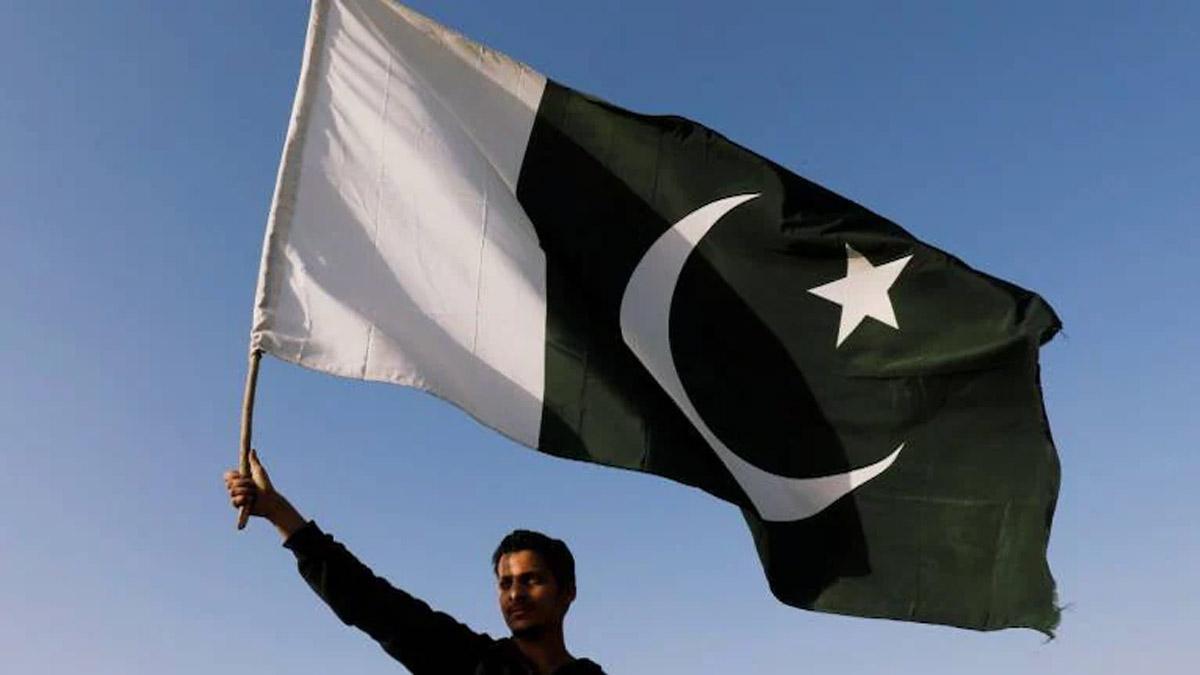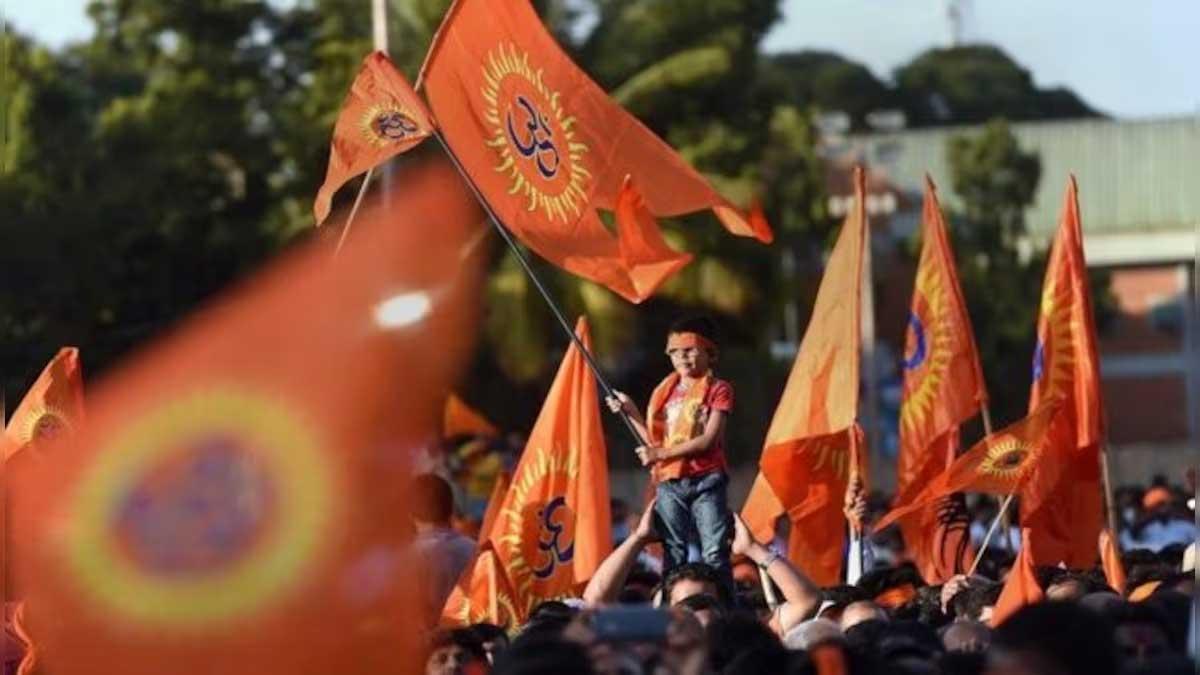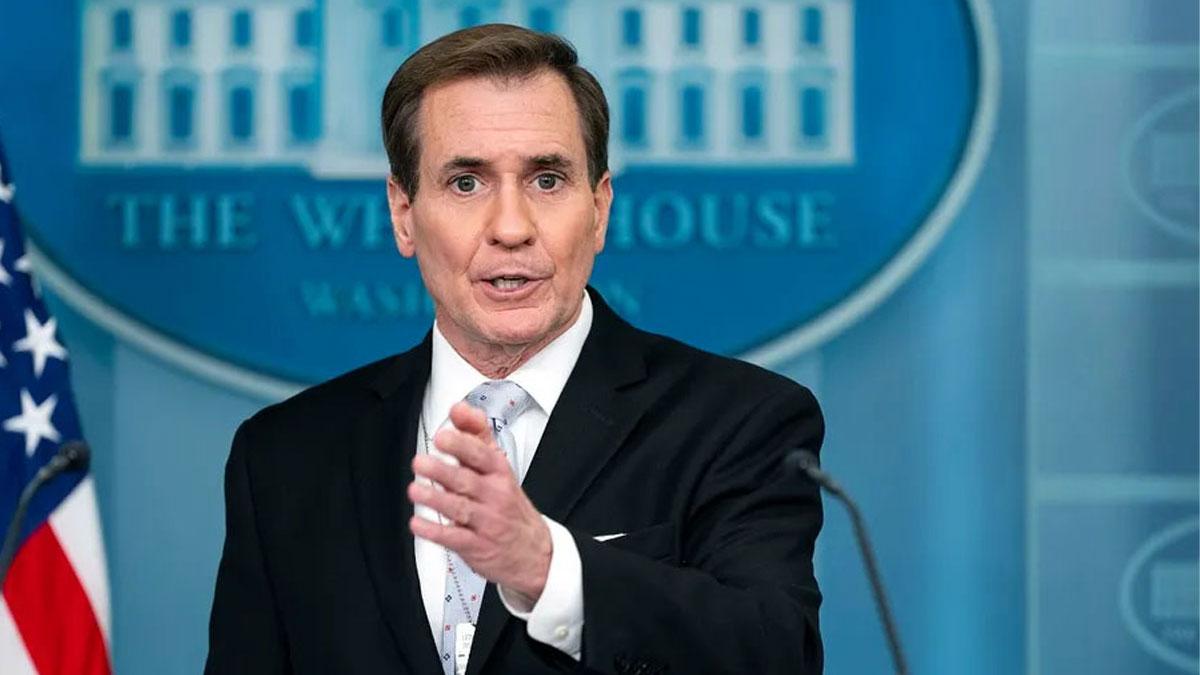According to a recent media report, the Pakistan Muslim League Nawaz (PML-N) is anticipated to emerge as the predominant party in the upcoming elections, with the Pakistan Peoples Party (PPP) trailing behind, followed by the Pakistan Tehreek-e-Insaf (PTI) and other contenders.
This assessment is based on an official report compiled from various sources including police reports, revenue department data, insights from labor unions, and interviews with professionals across diverse sectors. The evaluation was conducted at the grassroots level, encompassing police stations and union councils, the lowest administrative units in Pakistan.
The report suggests that the PML-N could secure between 115 to 132 seats in the National Assembly, potentially allowing it to form a government independently with a simple majority when factoring in reserved seats for women and minorities. Additionally, the party is projected to dominate in the provincial assembly elections, likely securing around 190 out of 297 seats, ensuring a commanding presence in the Punjab Assembly.
In Punjab specifically, the PML-N is expected to perform exceptionally well, potentially securing a two-thirds majority in the province, with only a few districts posing a challenge. It is also anticipated to play a significant role in forming coalition governments in Khyber Pakhtunkhwa and Balochistan. Conversely, the PPP is predicted to maintain its stronghold solely in Sindh.
On the national scale, the PPP is forecasted to secure 35 to 40 seats, while independent candidates associated with PTI may clinch 23 to 29 seats. Other parties like the Muttahida Qaumi Movement, Jamiat Ulema-e-Islam, Pakistan Muslim League (Quaid), and Istehkam-e-Pakistan Party are expected to secure a modest number of seats in the National Assembly.
Although surveys indicate a surge in approval ratings for the PML-N, particularly since the return of Nawaz Sharif, none have provided specific seat projections. Furthermore, while international media speculates about Sharif's potential return as prime minister, uncertainty looms over whether he can secure a simple majority.
Meanwhile, the International Crisis Group (ICG) has cautioned against potential election disputes, emphasizing the importance of upholding democratic processes and ensuring a peaceful transfer of power. With deep political polarization and a military crackdown on certain political parties, the ICG warns of instability following a contested election outcome. It underscores the necessity for a credible transfer of power to maintain economic stability, especially in light of impending negotiations with the IMF.
(With Agency Inputs)
Read also| Islamabad Court Disposes of Iddat Case Against Imran Khan, Citing 'Lack of Jurisdiction'


















